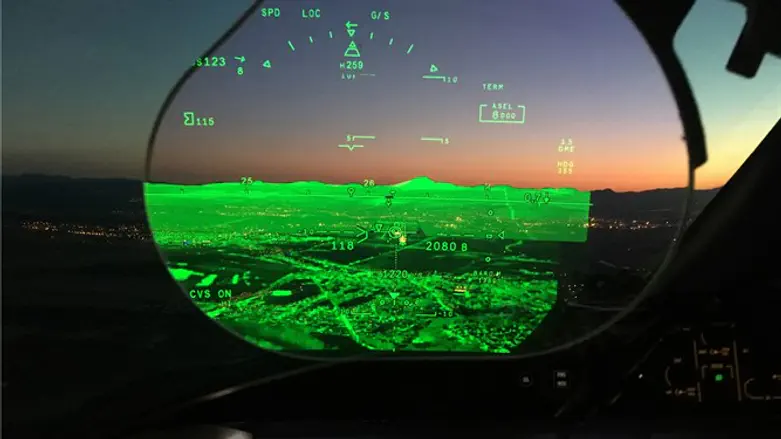
The portion of Re’eh begins with the words “Re’eh - See, I give you today a blessing and a curse (Deuteronomy 11:26).
Of the five senses: sight, hearing, smell, taste, and touch, one would think that “sight” would be considered the lowest of all of them. All the others provide some measure of a physical and sensual experience, while sight does not.
Even more perplexing is the fact that the Talmud teaches that "the yetzer hara” ( the evil inclination) has no power except with respect to what the eyes see. (Sotah 8a). This truism was clearly evident with the story of the forbidden fruit in Genesis; “And the woman saw that the tree was good for food and that it was a delight to the eyes, and the tree was desirable to make one wise; so she took of its fruit, and she ate, and she gave also to her husband with her, and he ate.”( Genesis 3:6 )
It is important, then, to explore why the verse that reiterates the important Torah axiom of “free choice” begins with word “Re’eh-See”. Why tell us to use the same eyes that we are warned not to wander off because of. “and you shall not wander after your hearts and after your eyes after which you are going astray.(Numbers 15:39)
\
The Sefat Emet writes;
“…hearing and seeing are two different things, the one unlike the other. For one who sees, perceives the seen object in perfect manner as it is without any change. But one who hears – the sound changes as it enters his ears and is no longer as it had been sounded. This is the advantage of seeing. Hearing has an advantage in that it brings that which is heard inside the person himself by way of the ear, while seeing is from the outside.” (Sefat Emet, Shavu’ot, 5635)
Our “sight” is accosted with a totality of what is before our eyes. We see many things at exactly the same time. In some ways, we have a sense that we are able to comprehend “the full picture“ of an event at one instant in time. Seeing gives us the sense of the reality around us
But to listen is to understand and to spiritually absorb on a deeper level. Our sense of hearing necessitates absorbing the experience in a sequential fashion. Listening is a physical action perceives the world in a comprehensible fashion and it does so with sensitivity to the nuances of sound and melody. We not only hear the particulars sounds but sense the emotions connected to them as well.”Hear o Israel Hashem is G-d Hashem is one:”
Our Torah portion is telling us that both seeing and hearing are critical for true understanding;
"See ( Re'eh) , I set before you today a blessing and a curse. The blessing, that you will hear (Tishmiu) the commandments of the Lord your God, which I command you today;"(Deuteronomy 11:26-27)
The key element seems to be the power to change “sight” into “vision”. Sight is the ability to see the physical reality around us, while vision is the power of seeing within and beyond it. How then, is such a metamorphosis achieved?
The Talmud teaches this concept "one who says he has searched but hasn’t found, don’t believe him. If he says he has found and hasn’t searched, don’t believe him. Only the one who says he has both searched and has found can be believed” (Tractate Megillah 6b).
When we embark on a search based on the spiritual understanding of what we have spiritually heard , then we are bound to see the inner truth around us. Those who look for G-d inevitably find Him everywhere, Those that don’t set out to look for G-d will find Him nowhere.
We usually see what it is we want to see, that is true of our life around us and true of our relationships as well.Yet what we 'WANT TO SEE" should be elevated into a "higher wanting". It is then that we will experience the words of our toarh portion
"See, I set before you today a blessing and a curse."(Deuteronomy 11:26).
The choice is in our hands.
The success of the choice is a function of the essence of what it is we want to find.
Lerefuat Kol HaPtzuim ve Hacholim
Lerefuat Yehudit bat Golda Yocheved and Yehudit bat Chaya Esther
